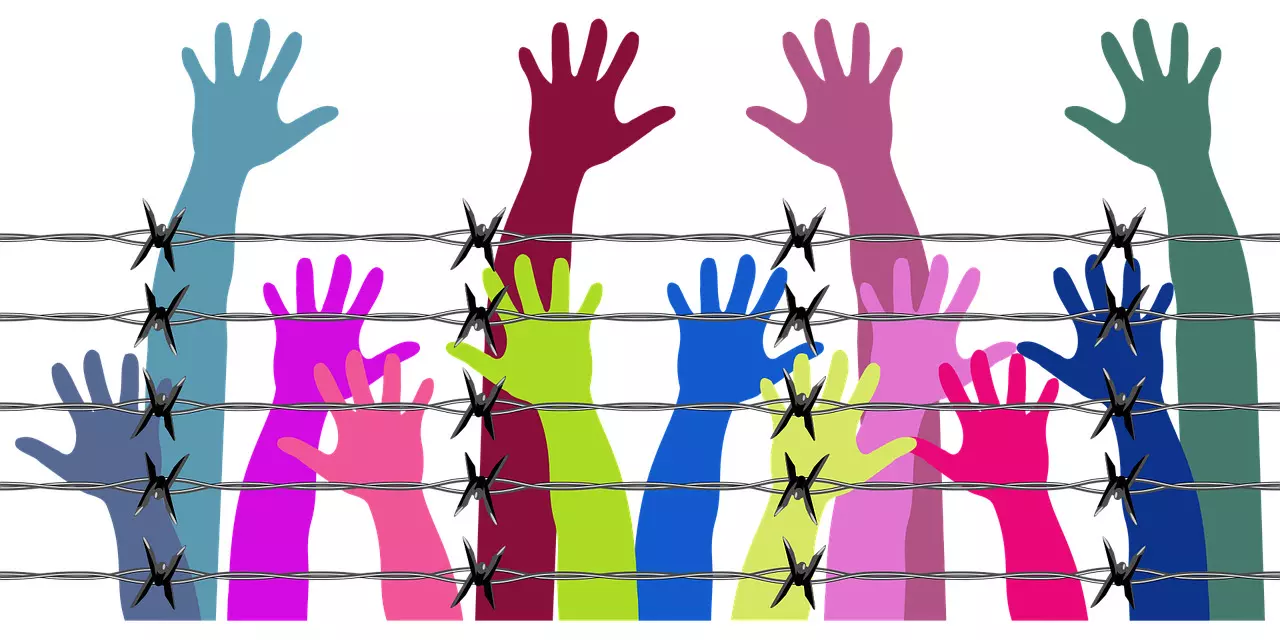Regressive backsliding?

The Bureau of Democracy, Human Rights, and Labour of the US Department of State came out with a scathing criticism of India in its annual report on human rights. The release of the report is a routine phenomenon mandated by the US Congress, and has been continuing for a long time. Considering the close ties that India and the United States share, the language of the report seemed positively cautious but the content did the talking it was meant to. Assistant Secretary of Bureau of Democracy, Erin M Barclay, strongly urged India to “uphold its human rights obligations and commitments.” Interestingly, the report has come a year after the Secretary of State Antony Blinken, in a rare rebuke, highlighted the rise in human rights abuses in India. The persistent flagging of human rights abuses in India is one dull spot in an otherwise robust, strategic relationship based on shared values of democracy. The depth of Indo-US relations is so deep that even India’s refusal to condemn Russia in the wake of the Ukraine War doesn’t appear to have created any significant dent in the ties. US President Joe Biden and Indian Prime Minister Narendra Modi are scheduled to meet four times this year itself. The level of bilateral and multilateral engagements between India and the United States is resounding. However, if a trusted partner of such stature opts to highlight shameful levels of alleged human rights violations at an international stage, then the Indian officials need to retrospect seriously, rather than rejecting the report outrightly. As Erin M Barclay highlighted that they “regularly meet with civil society both in the US and in India to hear their perspectives and learn from their experiences”, it is not difficult to figure out the exchanges on which their findings might be based. In fact, the issues and incidents highlighted in the report appeared to be a summation of what various civil society groups and activists have been pointing out rather vociferously for quite some time. From freedom of speech of expression to freedom of association, the basic tenets of the Indian Constitution have been questioned in the report. Stating that while the government generally respected freedom of expression, the report asserted that “actors considered close to the government allegedly pressured or harassed media outlets critical of the government, including through online trolling”. The report highlighted gross misuse of Unlawful Activities Prevention Act (UAPA), citing the cases related to Bhima Koregaon and Umar Khalid. It also pointed out forced evictions and targeting of the Muslim community. Among many other things, the report highlighted the issues related to frequent Internet restrictions and discrimination against marginalised sections including women, Dalits, tribals and LGBTQI+ community. It also threw light on India’s mixed approach towards refugees — while the country protected refugees from select nationalities, it might have failed in safeguarding the interests of Rohingya refugees. The Bureau of Democracy has compiled these allegations on the basis of its interaction with civil society in India. Therefore, it is no surprise that most of these issues have been in the spotlight within the country over the past couple of years. What the report has done is that it has brought all those issues in a single place and lent them a certain degree of authenticity. It won’t be wrong to say that the report mirrors the socio-political realities prevailing in India. There is no finality around the failure or complicity of the government. However, the report provides an opportunity for the government to view a multitude of issues plaguing the Indian democracy through the single lens of human rights, and come out with meaningful solutions. Acknowledgement of the problem is an imperative for solving it. India today has become notorious for sliding down on the World Press Freedom Index — it dropped to 150th place in 2022 vis-à-vis 140th in 2014. It has also infamously made global headlines for imposing the highest number of Internet shutdowns in the world for five years in a row. The situation is indeed worsening. There is a need for acknowledgement of the problems and appropriate course-correction.



